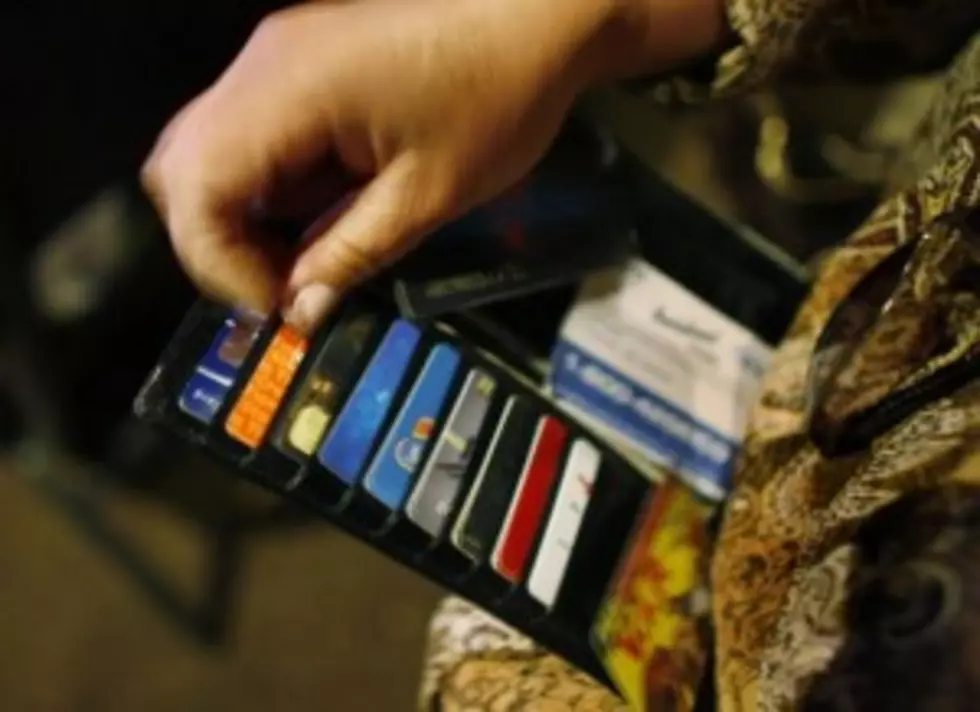
10 Things You Should Not Keep In Your Purse Or Wallet
I was in junior high when I lost my wallet at the fair. Gone was about $10, lunch tickets and who knows what else I kept back then. Since that day I have never carried a wallet for fear of losing everything all at once. I know I'm not the norm as most people carry wallets and purses, so here are 10 things you should not put in there in case it gets lost or stolen.
Social Security Card
"You may carry it around thinking you need a back-up source of ID, but these days you don't really need it," says Maria Lin, editor in chief at Learnvest. If your Social Security card gets in the wrong hands, someone could open a credit card, apply for a loan, or even buy a car with the information. It's nine digits, just memorize it.
Your Passport
If you're traveling internationally, of course you can't leave your passport at home, but you can leave it in the hotel safe. When you are abroad, make a photocopy of your passport to have in your wallet for identification along with your driver's license. "If you lose your passport or get mugged in a foreign country, it's such a horrible hassle," says Lin. "You have to go to the embassy, and it's a vacation nightmare." If you're traveling in the U.S., use your driver's license instead. "Your passport is such a primo document for your identity, if someone gets a hold of it, you can really put yourself at risk for identity theft," says Lin.
Passwords/Pass codes
Although most PIN numbers are only four digits long, some people still write them down so they don't forget. "If you store any type of ATM password or even a code for your home alarm in your wallet, you have basically gifted a thief with access to your life," says Lin. If you absolutely can't remember important pass codes, store them digitally on a password-protected phone, but never write them down and leave them in your wallet or purse.
A Non-Password Protected Phone
Today, many people have smart phones that allow them instant access to bank accounts, PayPal accounts, medical records, and more. Even if your phone only accesses e-mail, a thief could easily search for banking or ATM passwords or addresses, according to Lin. "Think about all the things you have digitally stored on your phone. You have to have it behind password protection. This way a thief can still erase your phone's memory and use it for themselves, but they won't have access to your data."
See the rest of this list via what-not-keep-in-wallet-foxbiz: Personal Finance News from Yahoo! Finance.
More From B105









